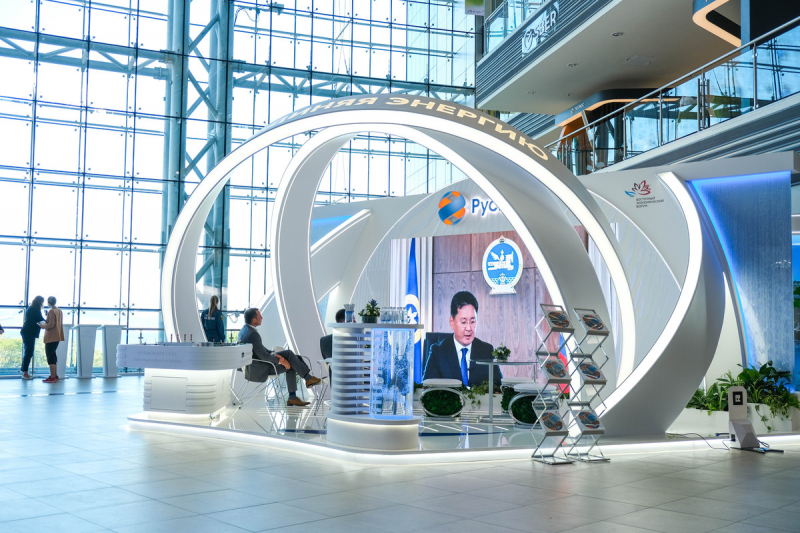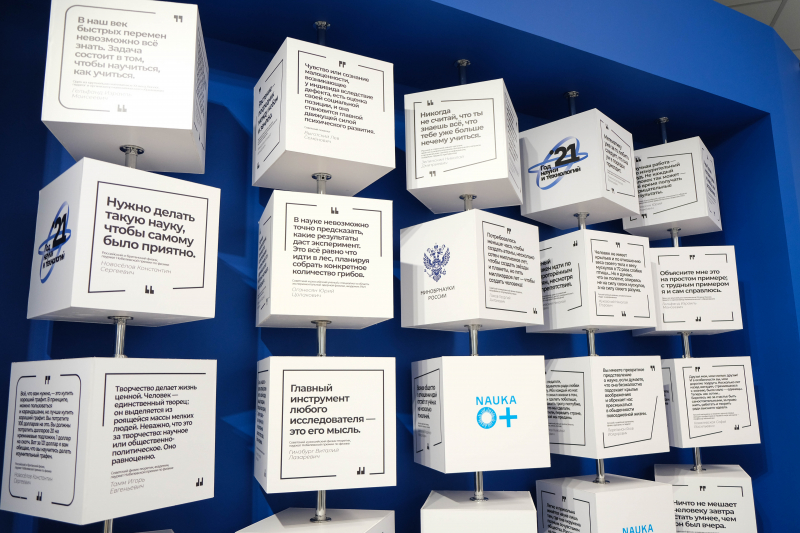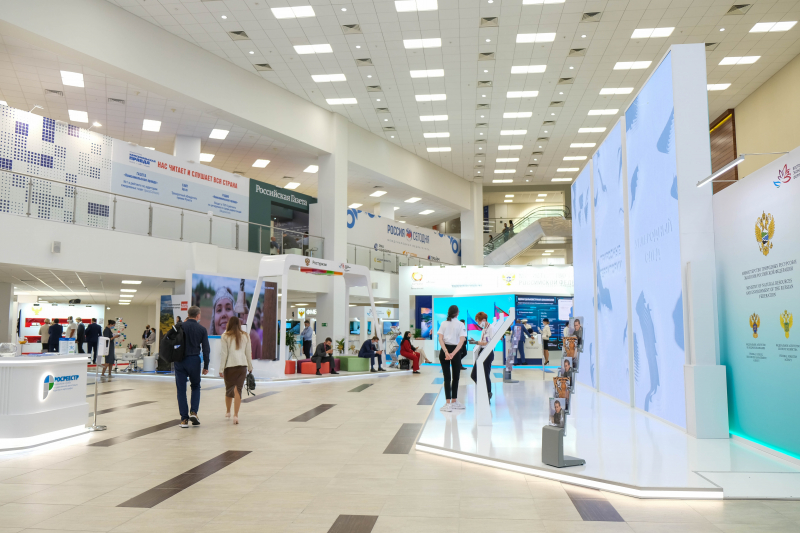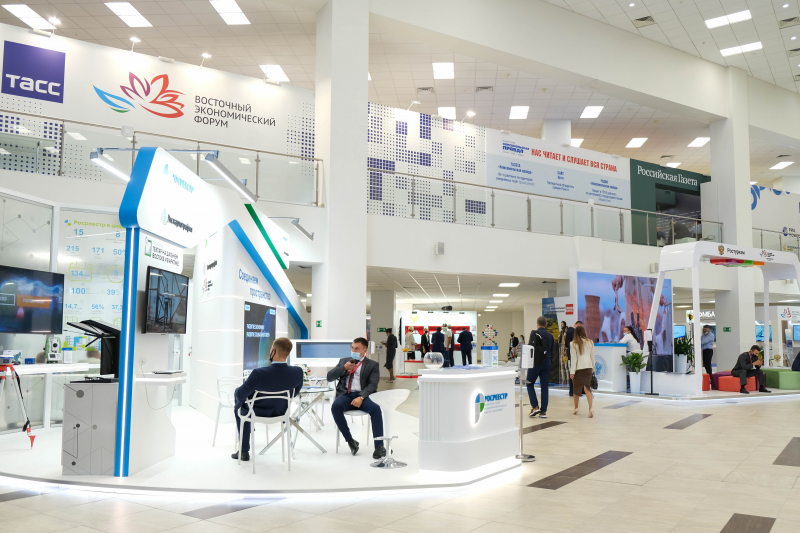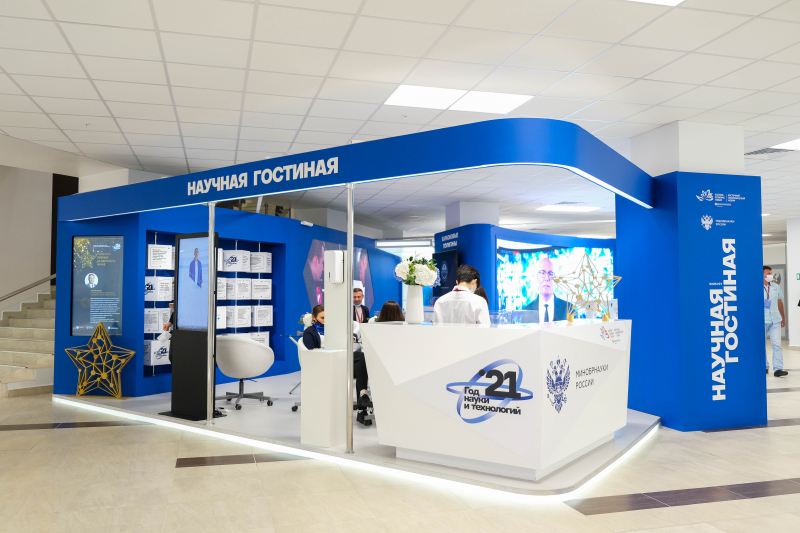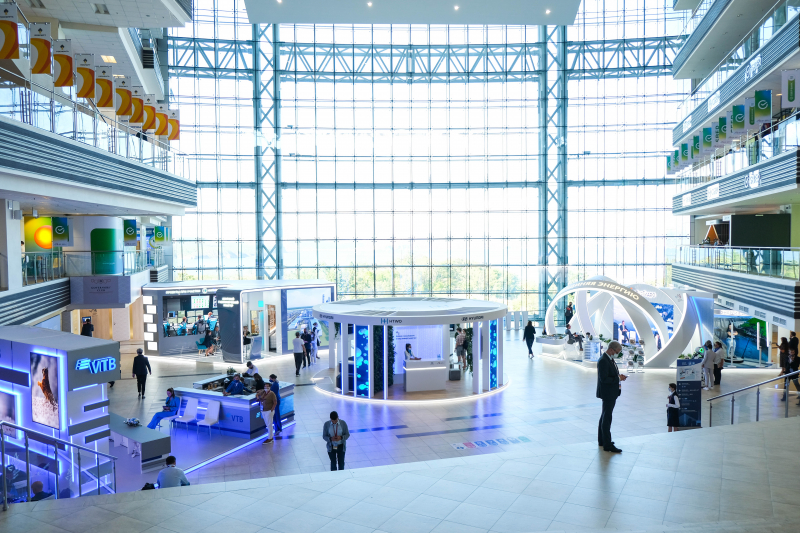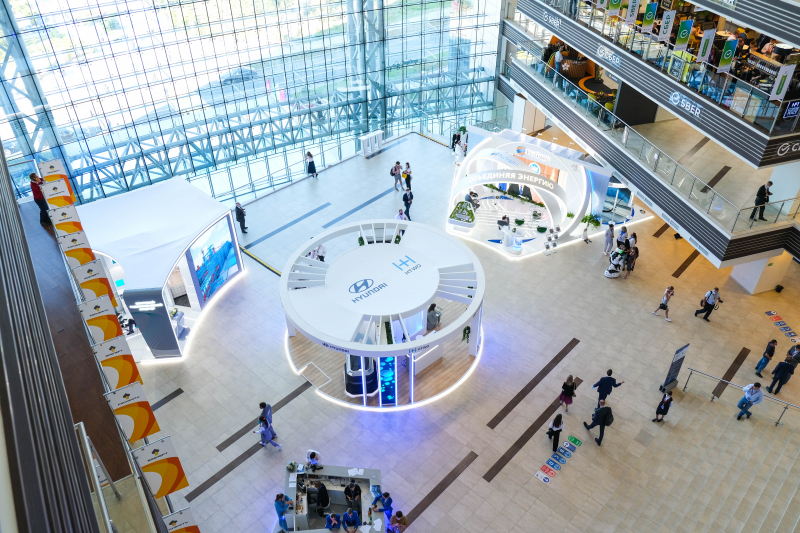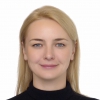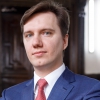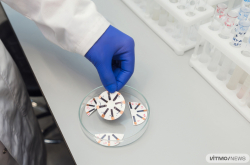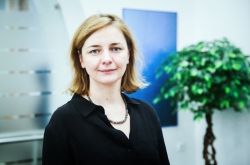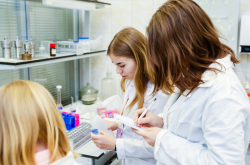The Eastern Economic Forum was created in 2015 to promote the economic development of the Russian Far East and international collaboration in the Asia-Pacific region. Over the years, thousands of participants have visited the forum – for instance, in 2019, their number reached 8,500, including media representatives and organizers from over 60 countries and regions.
This year the forum was held in a blended format with the campus of the Far Eastern Federal University as its venue.
The business program of the forum included international conferences and round-table discussions on key social and economic challenges, as well as a separate section on the future of higher education.
Your dream IT faculty
On September 2, experts discussed the features of their dream IT faculty. According to Vladimir Vasilyev, Rector of ITMO University, digital transformation is not only a matter relevant to those in tech, these days everyone has to deal with digital technologies to some extent. That’s why in order to build an efficient system, we have to consider education in tech more globally and take the long run into account.
“Universities offer fundamental education that teaches us to think digitally, creatively, and as an entrepreneur. Universities have to look ahead,” says Vladimir Vasilyev.
For instance, according to ITMO’s Rector, one of the tasks of a university with strong technical competencies is to train all students in the latest IT, not only those who will become future IT specialists.
Second, such universities have to work on the frontiers of science and identify their own niche area, where they will be able to acquire unique competencies.
And finally, today more than ever we value the openness of education. Instead of closing in on themselves universities need to collaborate with companies, industrial partners, and among each other to train truly high-profile specialists and fill in the gaps in the jigsaw of contemporary educational programs.
The making of new materials
This year, the scientific program also was a separate feature of the forum. Dr. Artem Oganov, professor at Skolkovo Institute of Science and Technology and a theoretical crystallographer, Dr. Ekaterina Skorb, professor at ITMO University, and Dr. Alexander Samardak, Vice Rector for Research at Far Eastern Federal University discussed the development of new materials and the discovery of new properties of already well-known substances.
“We all know that new materials are a prerequisite for new technologies. We won’t witness any breakthroughs if materials with specific properties that we need are not created,” posited Artem Oganov.
Some incredible materials have been known to mankind for thousands of years already. Take, for instance, diamonds that remain the hardest and most thermally conductive materials. New materials were discovered hundreds of years and decades ago, but today the traditional methods of discovery are overshadowed by new ones – first of all, the design of new materials with artificial intelligence.
Eastern Economic Forum at the Far Eastern Federal University. Photo by Lidia Rozumets, Megabyte Media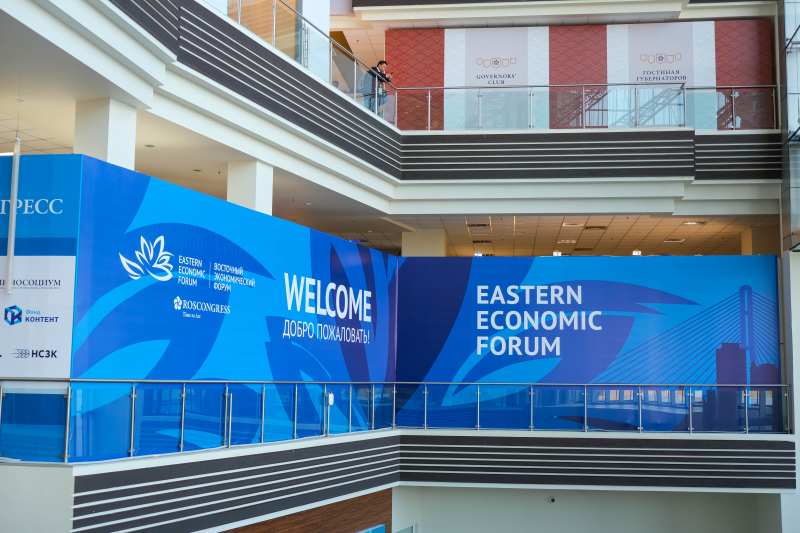
According to Artem Oganov, AI has much to offer to researchers but it can be applied in different ways: there are two main methods in computational materials design. The first one involves analysing big data. It's cheap and highly efficient, but it can’t be used to predict something brand new, as the method is greatly dependent on the already existing data that researchers feed to AI. The second method is predicting structures. It’s expensive but secure and it doesn’t depend on initial data.
All in all, according to Artem Ogarev, today researchers can use AI to discover new properties of materials, perform quantum mechanical calculations, and predict not only crystal structures but also new molecules.
Ekaterina Skorb, head of ITMO’s Infochemistry Scientific Center, used the example of infochemistry to talk about the development of interdisciplinary research fields.
Infochemistry is a new field of research that studies information coding, transmission, and storage at the molecular level, as well as the robotization of chemical technologies. The field was created at Harvard University, where Ekaterina Skorb worked in the group led by George M. Whitesides, one of the most cited chemists of our time. When Prof. Skorb came back to Russia, she started developing this field at ITMO.
Now, ITMO’s Infochemistry Scientific Center includes nine research groups and its scientific consultant is Jean-Marie Lehn, a laureate of the Nobel Prize in Chemistry.
Some of the key projects of the center are the development of an artificial chemical cell, statistical processing of large data arrays and multisensor systems, development of new materials for regenerative medicine, nanostructuring of metals, quantum and chemical calculations of complex systems, and more.
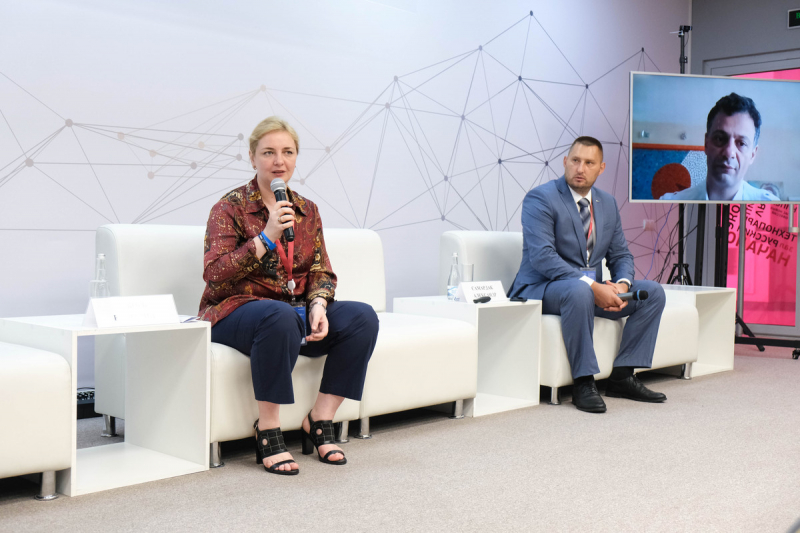
Ekaterina Skorb, Alexander Samardak, and Artem Oganov (via videoconferencing) at the Eastern Economic Forum. Photo by Lidia Rozumets, Megabyte Media
For instance, this year the center’s researchers discovered new properties of melamine cyanurate that is widely used in manufacturing and had appeared to be extensively studied. The researchers can now also control the production of the substance. In the future, such studies can help create capsules for targeted drug delivery. Moreover, the structure of melamine cyanurate is reminiscent of that of a DNA molecule – and understanding the building blocks of DNA can bring scientists closer to developing their artificial counterparts.
“Creating new materials is not just a trend, it’s what we live by. We know why we need a certain material and what properties it has to demonstrate – and then we assemble it. Here, it’s important to preserve simplicity. Say, if I want some water, I’ll just pour it in a glass and drink it, but if I crave coffee, I’d have to think of where to put it and how to not spill it if I want to take it on the go. It’s the same way in chemistry. If there is a simple system that performs the function, we won’t add anything else to it. But if the function we need isn’t there, we start to look further and implement more complex systems,” explains Ekaterina Skorb.
The future of the financial market
Which technologies will influence the financial market the most? How will youth entrepreneurship develop? And how will generations Y and Z change the Russian economy?
According to Artem Androsov, chairman of the federal committee for youth entrepreneurship at the All-Russian Non-Governmental Organization of Small and Medium Business OPORA RUSSIA, ten years ago students didn’t think about developing their own projects and commercializing them during their studies – and now the situation is changing. New startups are launched at universities and students start promoting their products already during their studies.
Moreover, young entrepreneurs are supported by new initiatives, such as the all-Russian program for the development of youth entrepreneurship that was launched at this year’s Eastern Economic Forum. School and university students, as well as fledgling and active entrepreneurs under 35 can take part in the program that consists of five blocks: training and project acceleration, a mentorship system, launching the club of young entrepreneurs, contests and topical events for participants, as well as funding of their projects.
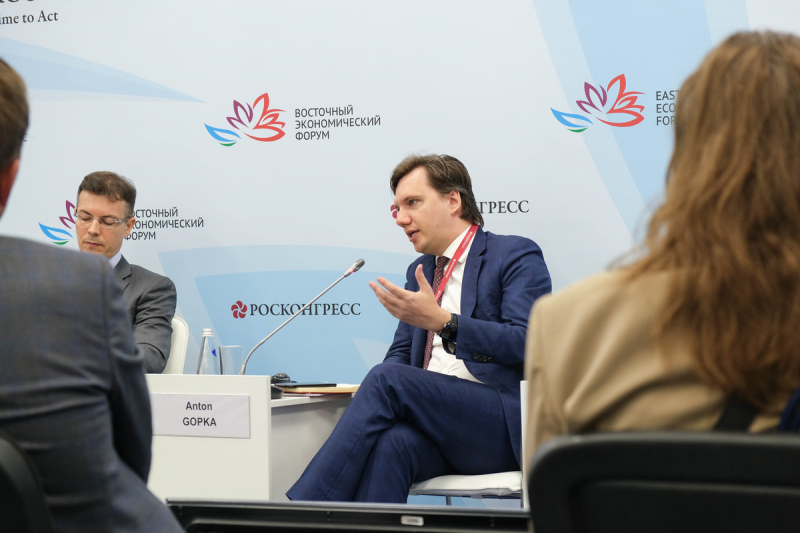
Anton Gopka at the Eastern Economic Forum. Photo by Lidia Rozumets, Megabyte Media
Anton Gopka, dean of ITMO’s Faculty of Technological Management and Innovations, universities are the best places to start and develop research-intensive projects – and ITMO’s example demonstrates that students are ready and capable to engage in tech entrepreneurship.
“In my opinion, universities are best-suited for research-intensive projects because they bring together a powerful technological basis and new ideas suggested by students. At ITMO, we have not only students developing simple mobile apps, but also those working with new materials, printed electronics, VR technologies, and much more. Already in their twenties they achieve results and venture into international markets,” adds Anton Gopka.
